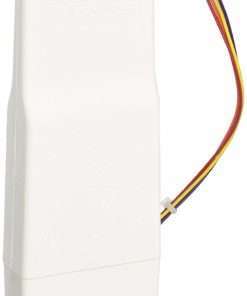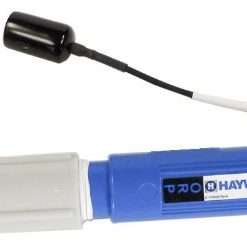How do I raise the stabilizer level in my saltwater pool?
If your pool is not maintaining a consistent level of stability, it may be time to increase the stabilizer level. There are many ways to do this, and depending on your pool’s configuration, one method may be more effective than another.
One option is to add more stabilizing agent powder or granules directly to the water. This can be done using a patio pump or garden hose fitted with a syringe or nozzle. Be sure to follow the manufacturer’s instructions for measuring and adding the correct amount of material.
Another option is to install an automatic stabilizing system. These systems use a chemical reaction between the stabilizing agent and chlorine to create a stable equilibrium in the water. Once installed, they will maintain a desired level of stability without any input from you.
whichever method you choose, make sure to monitor the level of stability regularly so that you can make necessary adjustments as needed.
How do you fix low stabilizer in a saltwater pool?
If your saltwater pool has a low stabilizer level, it may need to be re-stabilized. To do this, you will need to add more stabilizing agent to the water. There are many different types of stabilizers available, so it is important to find one that is compatible with your pool and the type of filter you have. You can also install a new filter if needed. Once the stabilizer has been added, it may take a few days for it to work its way through the system. Thereafter, your pool should be stable and require very little maintenance.
What happens if stabilizer is low in pool?
A stabilizer is a chemical that helps to keep your pool clean and healthy. If the stabilizer level is low, it can cause problems such as algae growth and poor water clarity. You can test the stabilizer level by using a home test kit. If the level is low, you will need to add more stabilizer to your pool.
What ppm stabilizer is low in salt water pool?
So you’ve decided to install a salt water pool, and you’re wondering what stabilizer to use? Well, it’s important to choose one that is lower in salt content. There are many stabilizers on the market that are low in salt, so it’s important to find one that is right for your pool.
Some of the most common stabilizers used in salt water pools are algaecides and chelates. Algaecides kill algae while chelates bind with heavy metals like lead and copper and remove them from the water. Both types of stabilizers work well when used in conjunction with otherECTION:content within this articleTYPE:paragraph

















